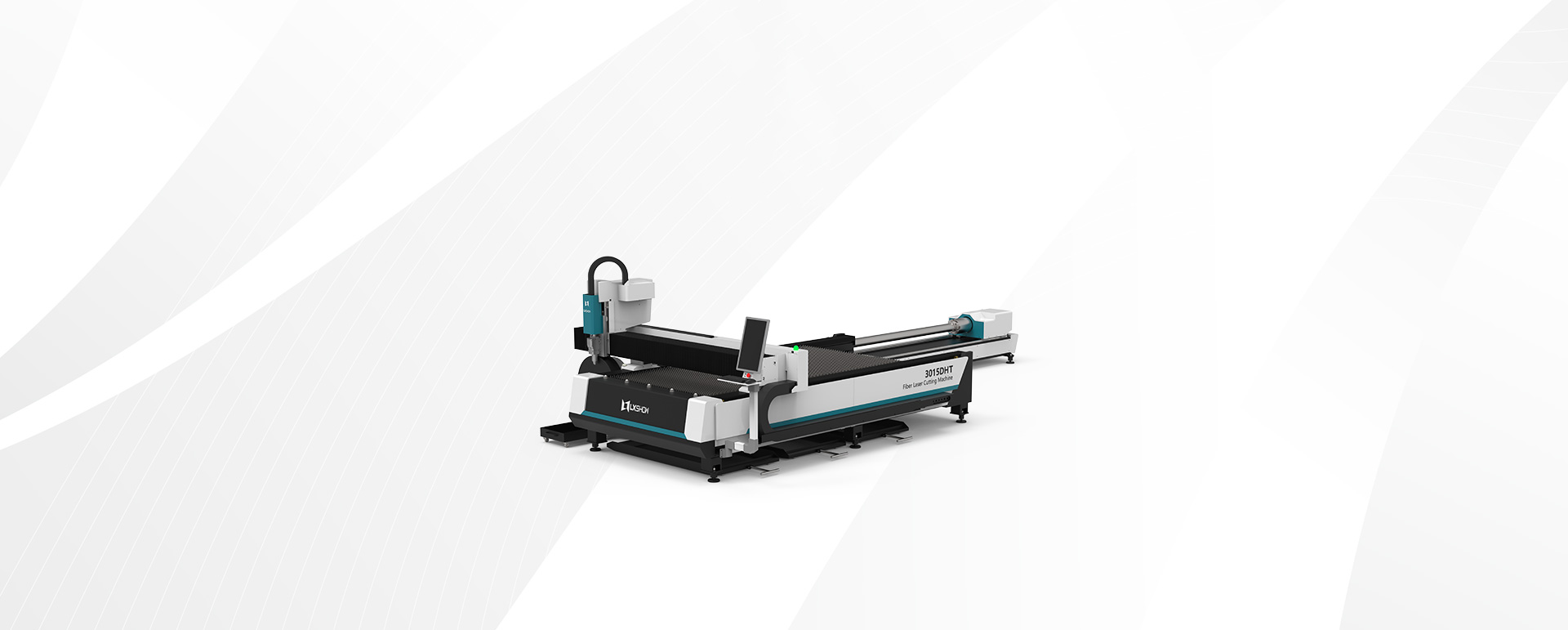In today’s rapidly evolving industrial landscape, innovation is the key to staying competitive.
Two cutting-edge technologies, laser rust removal, and handheld laser welders, have emerged as game-changers in their respective fields. Laser cleaning machine

In this article, we will explore these innovations and their significant impact on various industries.
Laser rust removal is a revolutionary method that employs high-intensity laser beams to eliminate rust, paint, and contaminants from various surfaces.
Unlike traditional methods that involve abrasive materials or chemicals, laser rust removal is non-abrasive and environmentally friendly.
The process of laser rust removal is rooted in the principle of laser ablation. A focused laser beam is directed at the target surface, vaporizing the unwanted layers while leaving the underlying material intact.
This precision is crucial in industries where the integrity of the substrate is paramount.
Laser rust removal offers unparalleled precision, ensuring that only the rust or contaminants are removed, leaving the substrate unharmed. This level of accuracy is vital in industries such as automotive restoration and historical preservation.
As it does not involve the use of harsh chemicals or abrasive materials, laser rust removal is an eco-friendly option. It eliminates the need for toxic waste disposal, making it a sustainable choice.
Compared to traditional methods, laser rust removal generates minimal heat, reducing the risk of warping or damaging delicate materials during the process.
Laser rust removal finds applications in various industries, including:
Handheld laser welders have revolutionized the world of welding by providing a portable and highly precise solution for joining materials. These devices utilize high-energy laser beams to create strong and reliable bonds.
Handheld laser welders focus the laser beam on the precise point where materials need to be joined. The intense heat generated by the laser creates a strong, reliable bond between the materials.
Handheld laser welders are compact and portable, allowing welders to access tight spaces and work with greater flexibility. This makes them ideal for field work and on-site repairs.
Handheld laser welders are incredibly fast, making them suitable for high-volume production. The precision of the process reduces the need for extensive post-welding treatments.
Due to localized heating, handheld laser welders minimize distortion in the workpiece, ensuring that the finished product meets stringent quality standards.
Handheld laser welders find applications in various industries, including:
In conclusion, laser rust removal and handheld laser welders are transforming industries with their precision, speed, and environmentally friendly solutions.
Laser rust removal ensures the preservation of valuable assets, while handheld laser welders offer portable, high-precision welding capabilities. These innovations represent the future of surface treatment and welding, promising efficiency and sustainability.
Laser rust removal is safe for antique objects, as it minimizes the risk of damage during the restoration process.
While handheld laser welders offer precision, they require skill and training to operate effectively. Beginners should seek proper training before using these devices.
Yes, handheld laser welders are commonly used in the jewelry industry for delicate repairs and modifications.
Yes, safety precautions, including protective eyewear, are essential when using handheld laser welders to prevent eye damage from the intense laser beams.

Laser Machine Welding Yes, handheld laser welders reduce the need for traditional welding materials and emit fewer pollutants, contributing to a cleaner and more sustainable welding process.